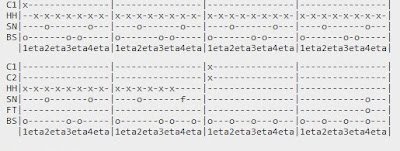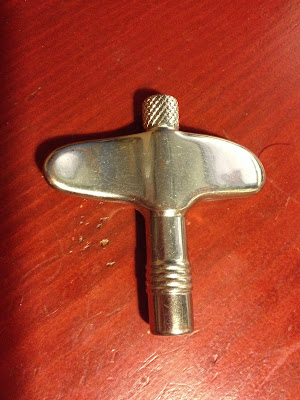The Myth of Karaoke Drumming Videos
From the file of Things You Will Never Hear : "Hey, didn't I see your cover video of you drumming to the new Maroon 5 song on YouTube?" "Yeah, that's me." "Dude, that was awesome! I want to hire you for my world tour and new recording!" YouTube cover videos, or Karaoke drumming , has become a big thing. Or so it seems. I must admit that I just don't get the 'Drum Cover' karaoke video thing. If I want to see someone play a TOOL song on a video, I want to see Danny Carey. If I want to see someone play a RUSH song, I want to see Neil Peart. It all seems more like a sport than music, with people sharing videos back and forth, like moves in a game. Now before you go thinking I'm some sort of crotchety old guy, when I was younger, I jammed along to recordings. I did it all the time. But it was a learning thing, and I didn't really want anyone else to hear it. Today, YouTube is inundated with karaoke drumming ...


